Māori culture & customs
Where can I find information about traditional Māori culture and customs?
(Years 5-8)
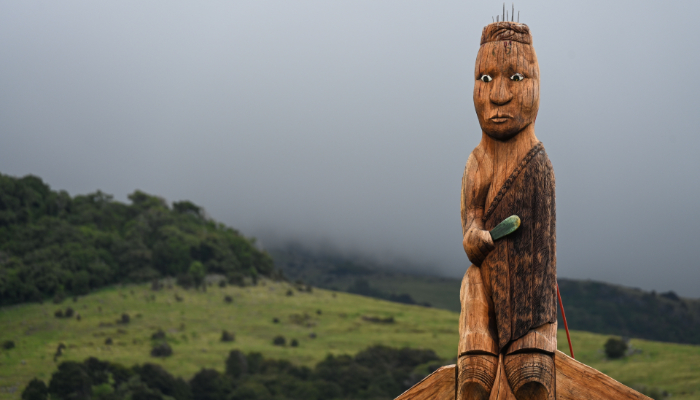
Image: The tekoteko on Ōnuku Marae and dark clouds looming by Government House on The Governor-General of New Zealand.
Entry last updated: 30/10/25
Introduction
Māori were the first people to settle in New Zealand. They were known to have their own unique tikanga (customs). However the coming of the European settlers in the late 18th and early 19th centuries had a huge impact on the customs and tradition of Māori.
Pre-European Māori
Pre-European Māori refers to the time when Māori first arrived in Aotearoa till the arrival of James Cook in 1769.
Te Ara: The Encyclopedia of New Zealand
Te Ara is an excellent starting point for all questions about Aotearoa New Zealand. If we look down to the bottom of the page we can see that the website belongs to the Ministry for Culture & Heritage, so the information is well-researched and reliable.
Each of the Sections on the home page has some information on the early Māori life. For example:
Go to Topics and choose Māori life and traditions.
This will bring up a list of different stories.
Explore First peoples in Māori tradition or Māori creation traditions to learn about the origins of Māori, Māori gods and their creation story.
Similarly, there is information about early Māori housing - te noho whare and Rongoā or Māori medicinal use of plants.
Tips: Te Ara is bilingual which means you can read this site in in Māori or English. If we look at the bottom of the page we can see that the website belongs to the Ministry for Culture & Heritage, so the information is well-researched and reliable.
New Zealand's national museum in Wellington has lots of information on Māori history and culture that can be read online.
Select Discover The Collections from the top of the page and then select Read, watch, play.
Look through the results for Māori.
There will be pages about the history and uses of Māori musical instruments and Māori gardening tools.
Tips: We like sites like this because they’re reliable. You can tell because of their web address – they have either .govt or .ac, meaning they are from government or educational organisations. They’re also New Zealand sites, so relevant for us.
Colonial New Zealand
Colonial New Zealand is the period between the arrival of James Cook in 1769 until 1914. The websites below will help you understand the impact early European settlers had on various aspects of Māori life such as religion, agriculture, food and land ownership.
Te Ara: The Encyclopedia of New Zealand
Revisit Te Ara to explore the influence colonisation had on Māori life.
Go to Topics and choose Māori life and traditions.
Or read about changes to Ahuwhenua – Māori land and agriculture.
You can use different search words or keywords to find other information on this topic eg search for 'converts' to find out about Māori converts.
Tips: Search words, or keywords, are the most important words in our topic search. Usually it’s better to leave out small words like ‘the’, ‘a’ and ‘of’ and just choose the main ones, e.g Māori agriculture, Māori religion. We can always change our keywords or add more if we need to.
NZ History is a great website for information about events, people and places in New Zealand's history. If we go all the way down the page we can see that the website belongs to the Ministry for Culture & Heritage, so the information is well-researched and reliable.
Each of the three sections leads to information on Māori life in colonial New Zealand.
Look at Culture and Society and explore Pre - 1840 contact to read about the influence of missionaries, and whalers and sealers on Māori community and work.
Politics and Government has information on the Treaty of Waitangi and Māori leadership.
Go to New Zealand at War to read about the musket wars and other wars fought between the early European settlers and Māori, and Pai Mārire the new Māori religious faith.
Tips: We like sites that are from government or other reputable organisations, because we can trust the information. You can sometimes tell these sites by their web address – they might have .govt or .edu in their address – or by looking at their About us or Contact pages.
Māori culture today
Māori culture and customs are very much alive today. We experience it in the haka, Māori food, language and waiata sung on special occasions.
This website that belongs to the Christchurch City Council. It has a page of useful links that relate to Māori customs, tradition and celebration.
Open the tab called Explore and find the link called Te Ao Māori under Subject Guides.
Select the link Te Ao Māori - tamariki and explore links and headings eg Crafts, Food and kai and more.
Te Whata Raki is an interactice online world where you can find out about traditional stories and more.
Tips: Many web pages have links to further information or to other recommended sites. Following these links is a great way to find out more.
This website from Immigration New Zealand is to help people live and work in New Zealand. It has some useful information on Māori culture and customs.
Enter 'Māori food' into the search box and try the link Māori food and recipes and learn about hangi and it's preparation.
Or enter other search words like 'Māori culture' or 'Māori customs' to explore other useful content on this site eg Māori culture.
Books
Many books have been written on Māori culture and customs and the following are a very small selection. Check with your local public and school libraries for a bigger range of titles.
Some interesting titles:
Māori by Leslie Strudwick
The Treaty of Waitangi by Toby Morris, Ross Calman, Piripi Walker, Mark Derby.
Introducing Māori Culture by Donald Murray
Māori customs and crafts by Alan Armstrong.
SCIS no: 1936750
Topics covered
Related content
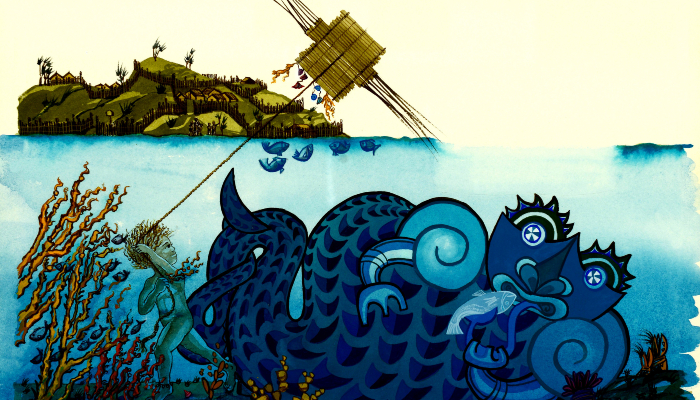
Pūrākau (Māori origin stories)
Where can I find information about Pūrākau (Māori origin stories)?

Māori leaders and heroes
Where can I find information about Māori leaders and heroes?
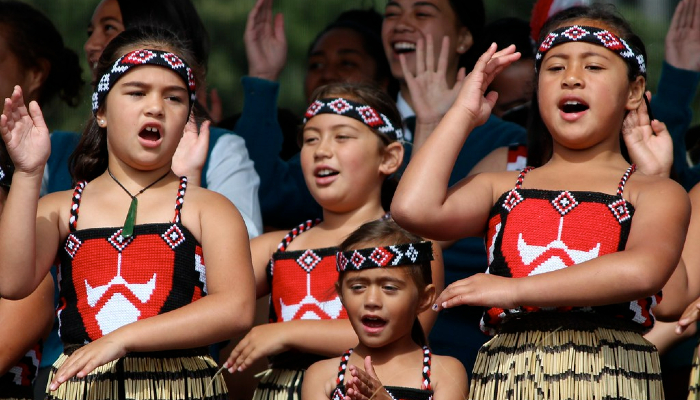
Te reo Māori (Māori language)
Where can I find information about te reo Māori (the Māori language)?
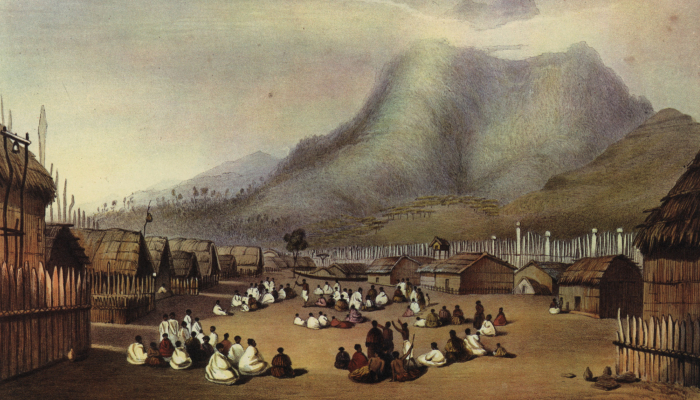
Māori history
Where can I find information about Māori history?
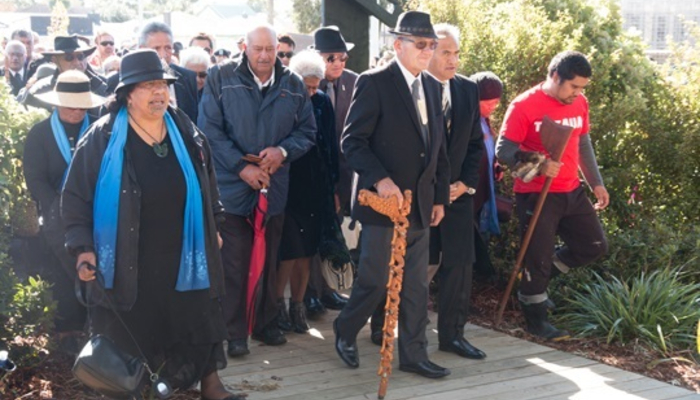
Kiingitanga (Māori King movement)
Where can I find information about Kiingitanga – the Māori King movement?
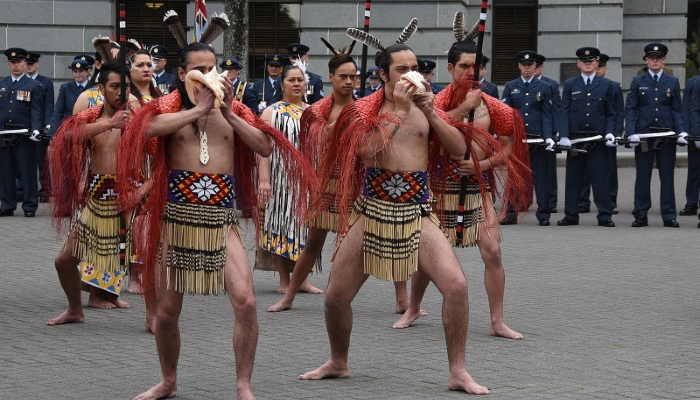
Ngā pūoro Māori (Māori music)
Where can I find information about ngā pūoro Māori (Māori music)?
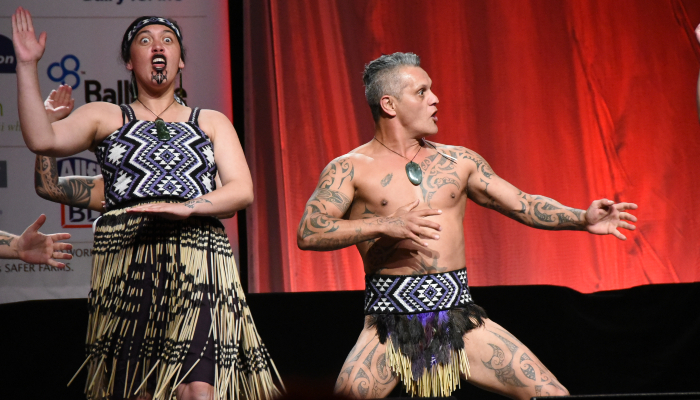
Kapa haka
Where can I find information about kapa haka?
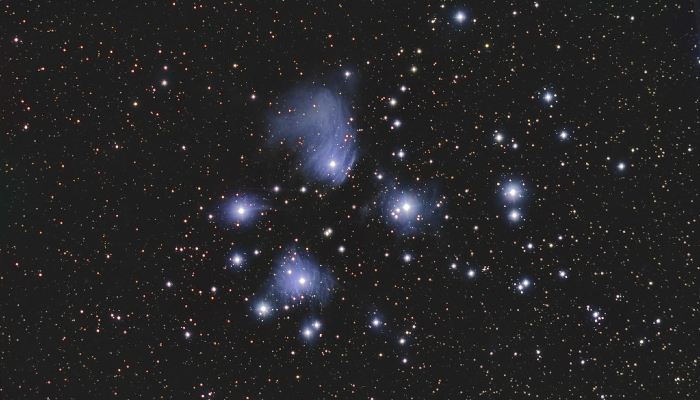
Matariki
Where can I find information about Matariki?

Matariki celebrations
Discover resources related to Matariki and how it is celebrated.

Significance of Matariki
Discover resources related to Matariki.
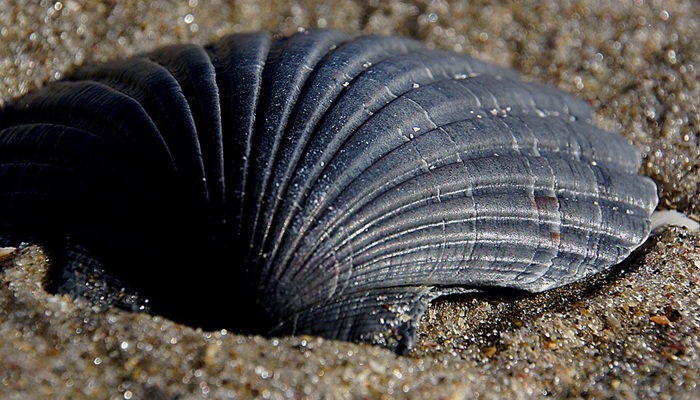
Kaimoana (seafood)
Where can I find information about Kaimoana (seafood)?
